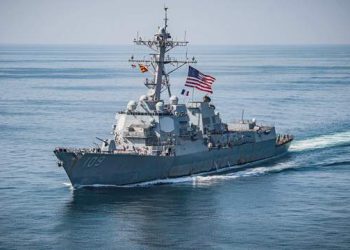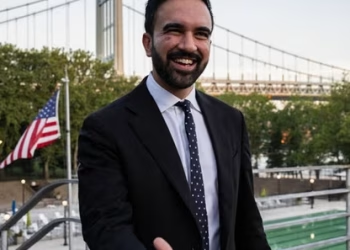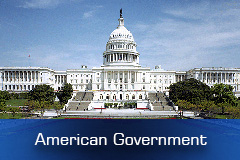Washington — President Donald Trump said he is no longer planning to “surge” federal law-enforcement and immigration resources to San Francisco, citing conversations with local “friends” and the city’s mayor. The shift came hours after protesters blocked Customs and Border Protection vehicles outside a U.S. Coast Guard base in the Bay Area.
The administration is simultaneously pressing broader efforts to deploy federal personnel to Democratic-led cities, moves that have triggered fast-moving court battles across multiple states:
- Illinois: A federal judge who criticized the White House for “equating protests with riots” extended an order temporarily blocking National Guard deployments to the state. The administration is asking the U.S. Supreme Court to allow troops in Chicago.
- Oregon: State officials and the City of Portland are urging an appeals court to reconsider a ruling that cleared the way for federal deployment of the National Guard.
The legal disputes center on the scope of presidential authority to send federal forces into states over objections from local leaders, with courts weighing public-safety claims against state sovereignty and First Amendment concerns. The White House argues deployments are needed to counter violent resistance to immigration enforcement; state officials say the measures are politically driven and risk escalating tensions.
No new timeline was given for any federal action in San Francisco following the president’s reversal. Local officials said they remain in contact with federal counterparts and are monitoring protests and enforcement activity.




















